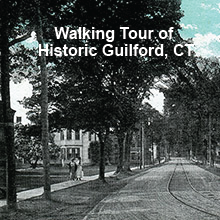Exposome
by Jay Bitkower on February 16, 2015A recent segment on NPR, segment, reported about a study, involving tens of thousands of participants over a 50-year period, by Dr. Barbara Cohn from UC Berkeley looking into the effect of environmental factors on the development of breast cancer in mothers and their children. Dr. Cohn plans to map out what’s called the “exposome” (see exposome), which is a map of the exposure of an individual over his or her lifetime to various environmental and occupational agents that affect the health of the individual. For example, one theory hypothesizes that fetal exposure to smoking or pesticides can cause cancer in adulthood.
Dr. Cohn’s study is for breast cancer, which gets a lot of funding, but it is also relevant to kidney cancer, since smoking and exposure to pesticides are known risk factors. Genetics is always a factor in the etiology of disease, but, as the report says, “genetics loads the gun, but the environment pulls the trigger”.
Once scientists have the ability to map an individual’s exposome, the ultimate goal would be to predict, for a child, the likelihood of an occurrence of kidney cancer as an adult. It would also enable public health officials to regulate exposure to chemicals that cause specific cancers.



